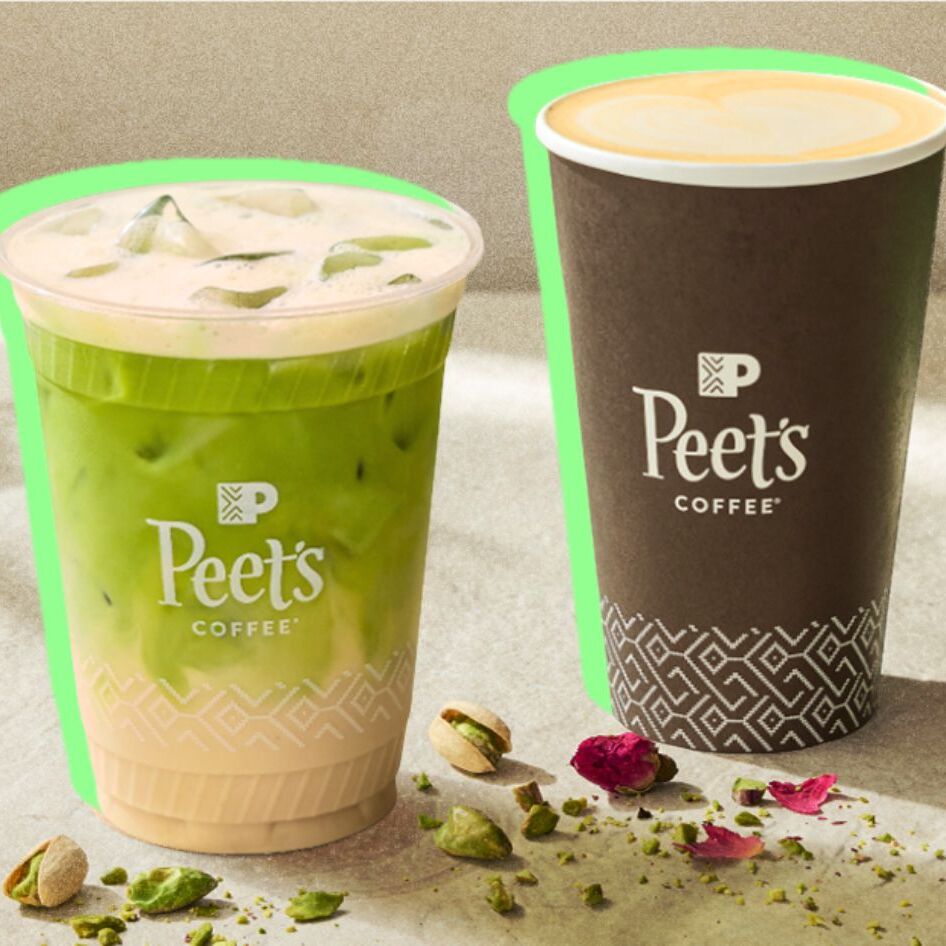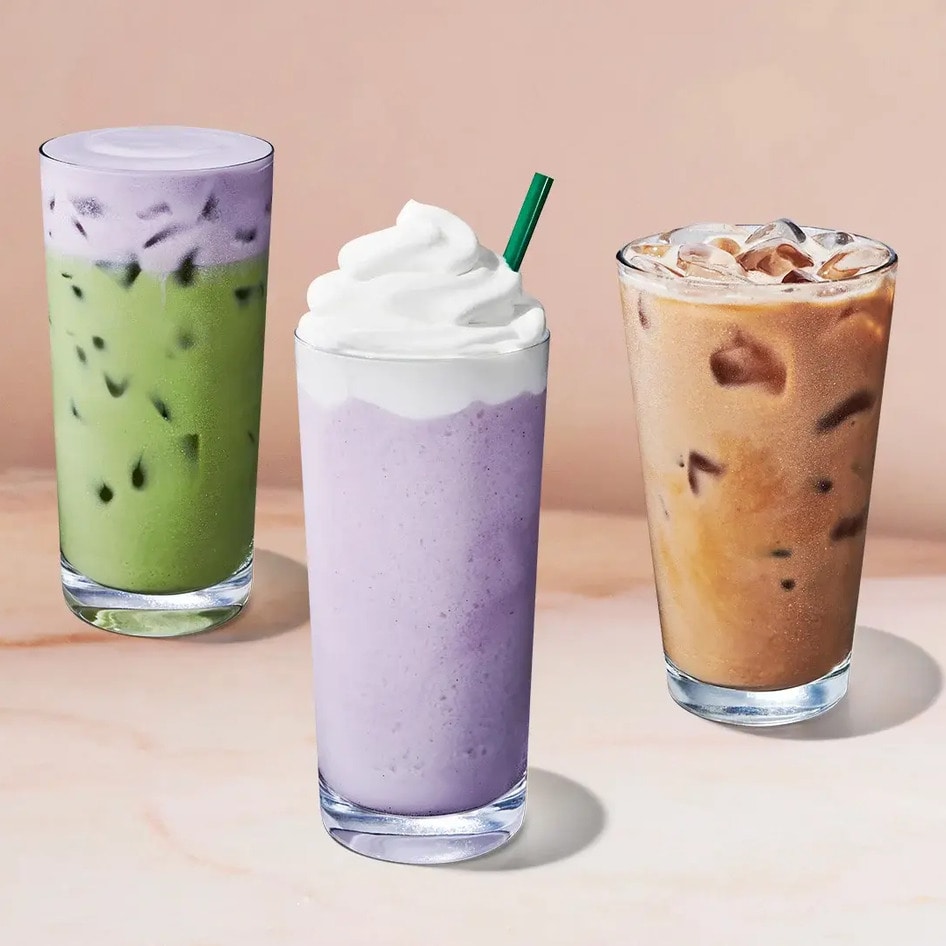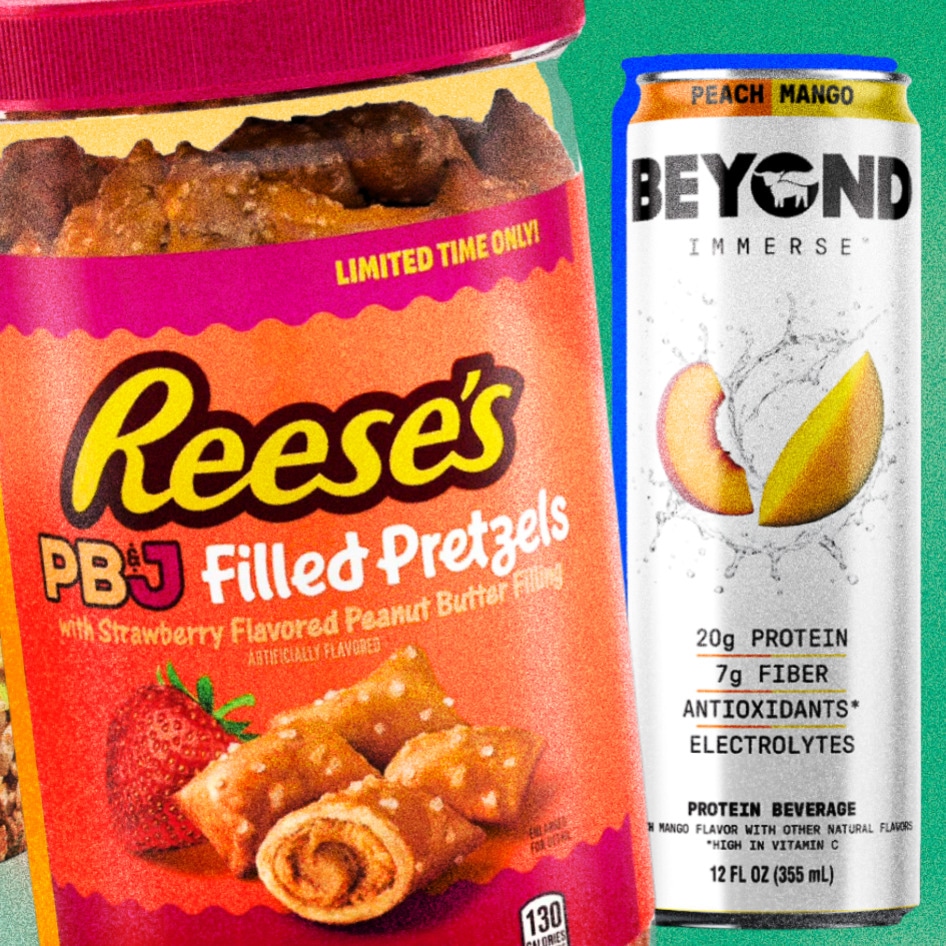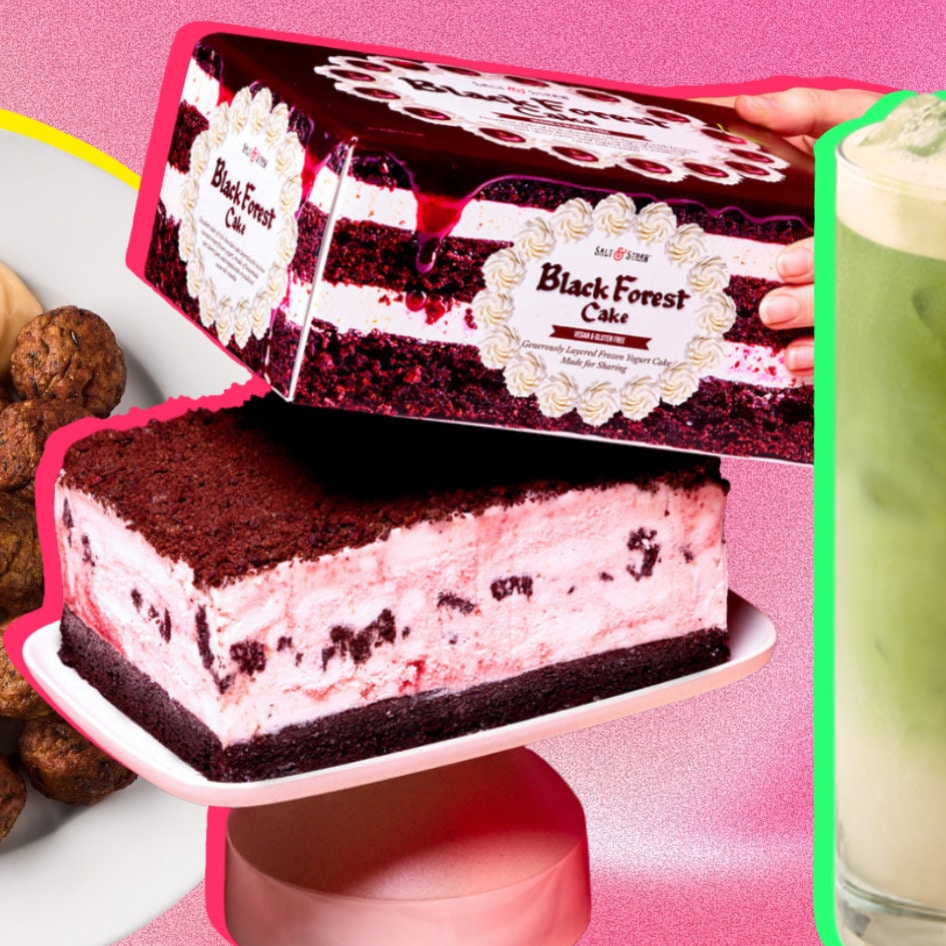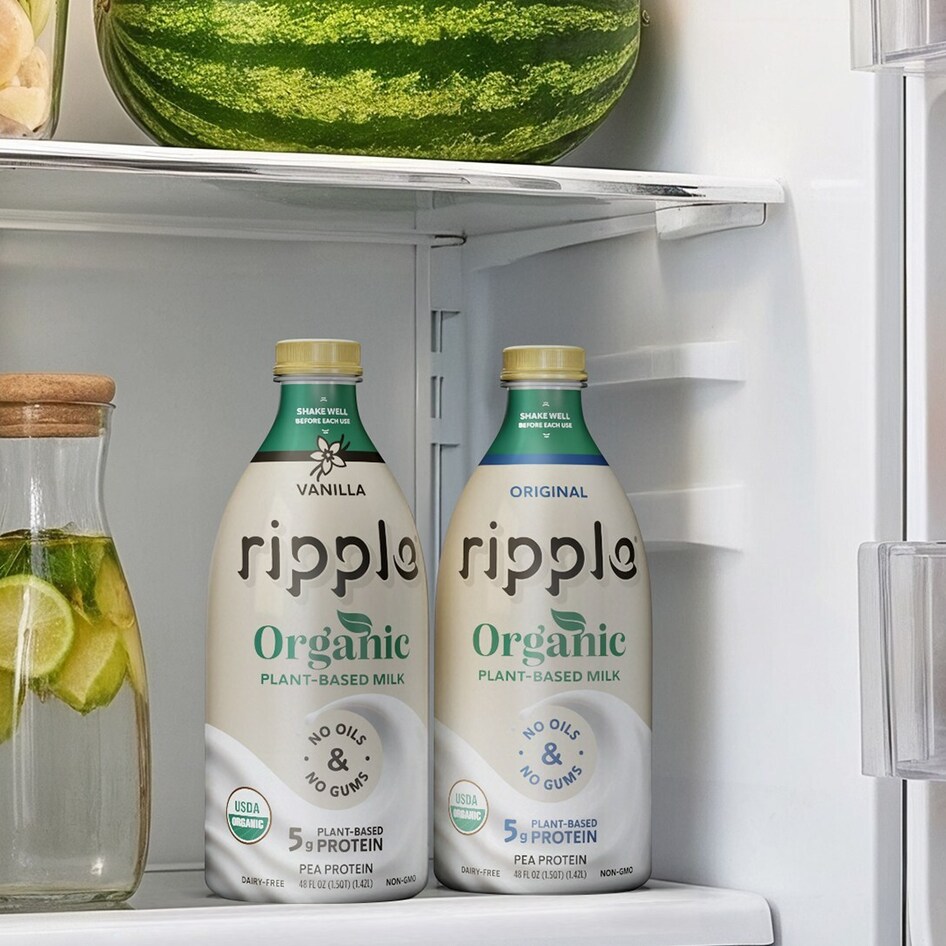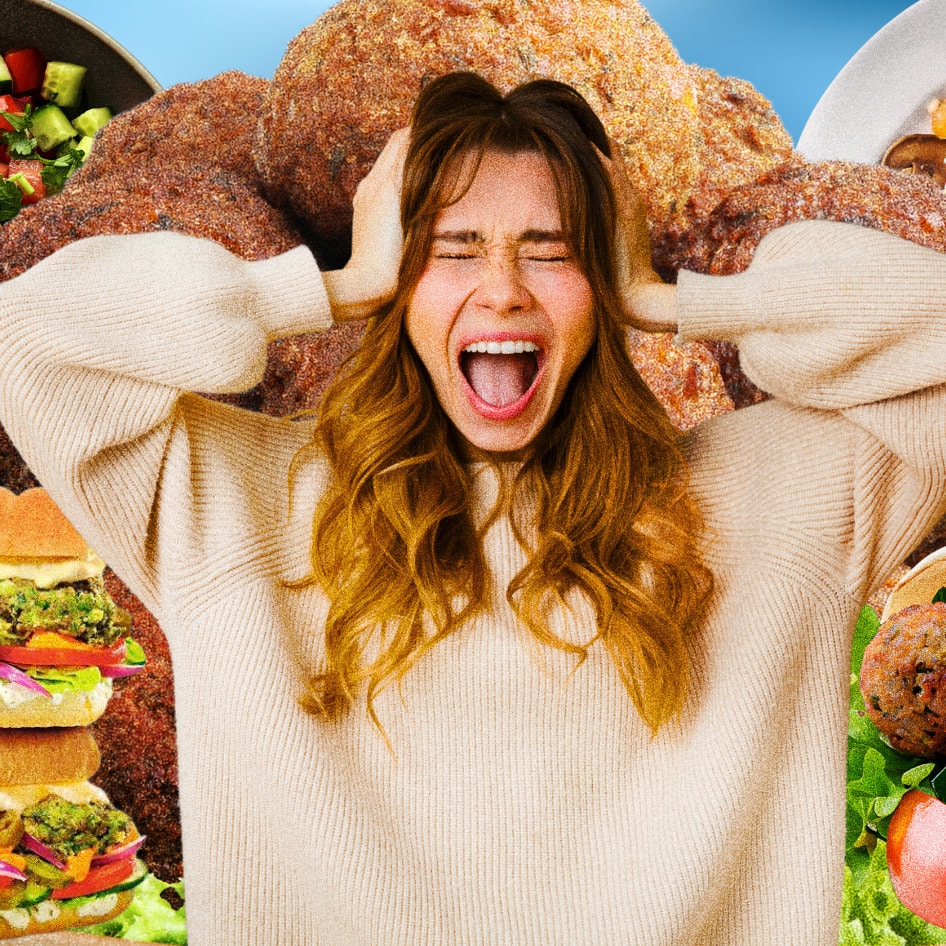Starbucks executives discussed the company’s recent shift toward plant-based food and drink innovation during an investor earnings call this week. UBS financial analyst Dennis Greiger asked Starbucks CEO Kevin Johnson about how the company is addressing changes in consumer behavior amid the COVID-19 pandemic. Johnson responded by pointing to various innovations that the chain has implemented, adding “and if I were to say what is probably the most dominant shift in consumer behavior, [it] is this whole shift to plant-based. And that is a shift both in beverage and in food.”
Starbucks adjusts to plant-based shift
In the beverage department, Starbucks added almond milk to its menus in 2016 and has since experimented with a variety of plant-based milk and drinks. This spring, the company will offer oat milk on its menus nationwide after a regional test at 1,300 Midwest stores proved successful last winter.
As with many companies, consumer buying habits during the COVID-19 pandemic have changed as foot traffic remains low, which for Starbucks has translated to lower single-item purchases and higher total ticket orders (where consumers are buying more items at once). Starbucks’ outgoing Chief Operating Officer Rosalind Brewer explained that in business and metro areas, customer purchases of single beverages such as hot coffee have decreased. To mitigate losses from these types of purchases, Starbucks is leaning on its cold beverages and plant-based innovation. “And so that’s why we’re seeing this improved food attach [purchases of food attached to beverages] and so we feel confident that those kinds of innovations are going to keep that ticket higher than what we’ve seen in the past.”
Starbucks vegan milk upcharge
During the call, Starbucks Chief Financial Officer Patrick Grismer explained how plant-based milks are currently impacting the chain’s profit margins compared to beverages made with animal-derived dairy. Since Starbucks currently charges a premium for vegan milks, Grismer said the margins are hard to determine. “I would say much longer-term, it remains to be seen,” Grismer said. “A lot of it will depend on how consumers increasingly migrate to those alternative milks, not just in our business, but broadly in a way that supports increased production, which should over time reduce the cost and then we have the opportunity to reevaluate whether at some stage it makes sense to change our pricing practices.”
Vegan food at Starbucks
In June, Starbucks launched the meatless Impossible Breakfast Sandwich (which cannot be ordered vegan) at its locations nationwide. In October, the chain went a step further with the test launch of vegan food options at one location in Issaquah, WA (right outside of Seattle), including the all-vegan Plant Powered Breakfast Sandwich (made with a mung bean-based egg, a plant-based sausage patty, dairy-free cheese, and served on an English muffin). At that Seattle-area store, Starbucks also tested other vegan options, including quiche-like Plant Powered Potato Bake bites made from plant-based egg, Chickpea bites, and vegan cashew milk-based cream cheese from Miyoko’s Creamery. “We use that [store] as sort of a test area when we innovate, create things here in our support center, in the Tryer Center,” Johnson said. “We test in that store. So, if I think about both beverage and food, the number one trend I would highlight there is just the consumer shift and consumer preferences around plant-based.”
Earlier this month, Starbucks expanded the fully vegan sandwich to test locations in the Dallas, TX area, where the chain is also testing additional vegan options, namely Pineapple Coconut Green Smoothie (made with coconut milk); Raspberry, Walnut & Oat Nut Square; and Dark Chocolate Fudge Brownie.
JUMP TO ... Latest News | Recipes | Guides | Health | Subscribe

